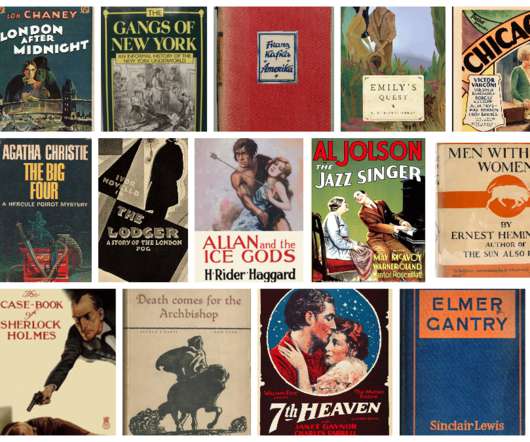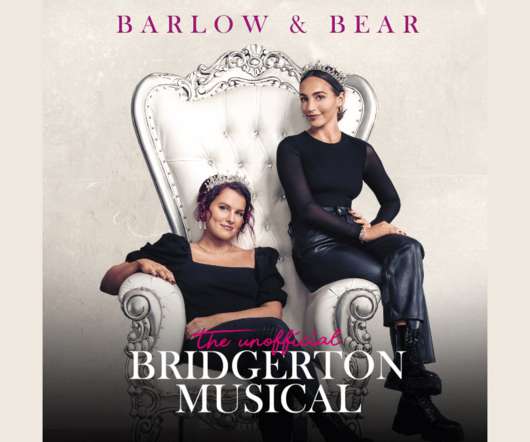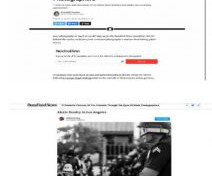Software Downloads Netflix & Disney+ Videos to Make DRM-Free Copies
TorrentFreak
MAY 17, 2022
It is unlikely that these features will appear on a licensed mainstream service but that doesn’t stop subscribers from desiring them. for a ‘lifetime’ license. You agree that as a condition of your license, you will not: i. People Want to Download and Keep Movies & TV Shows.












Let's personalize your content